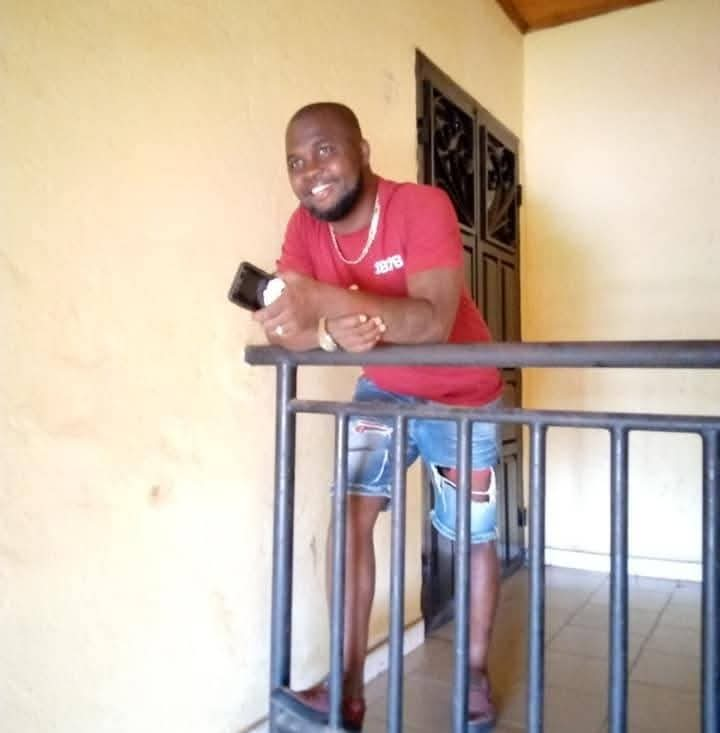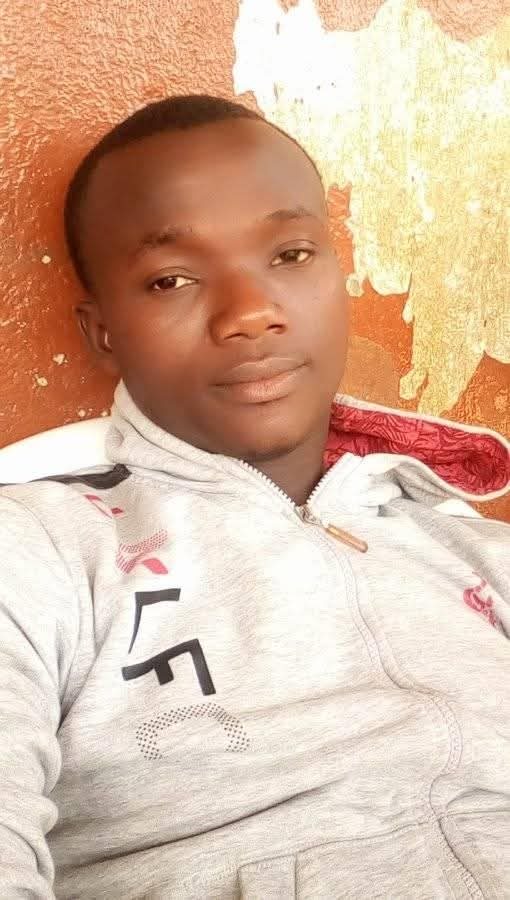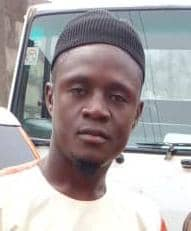By Mohamed Kabia
In a quiet but brutal execution sent shockwaves through a small community mid last year— but not through the country’s legal system. No one has been arrested. No one has been charged. The victim, identified by locals only as “Kabba,” was beaten to death by a group of men in Congo Town Community, after being caught in what multiple witnesses described as a “compromising position” with another man inside a rented compound in Congo Town. The other man, believed to be Abdul Sankoh — a well-known tailor — has not been seen or heard from since that night. His whereabouts remain unknown.
Multiple sources confirmed to this reporter that Kabba was a young, soft-spoken man who frequented a tailoring shop in central Freetown. He reportedly built a friendship with the owner, known widely as Abdul Sankoh, whose shop was popular for producing custom-made outfits for sports teams and local fashion events. Abdul, described by clients as reserved but talented, was considered trustworthy and hardworking.
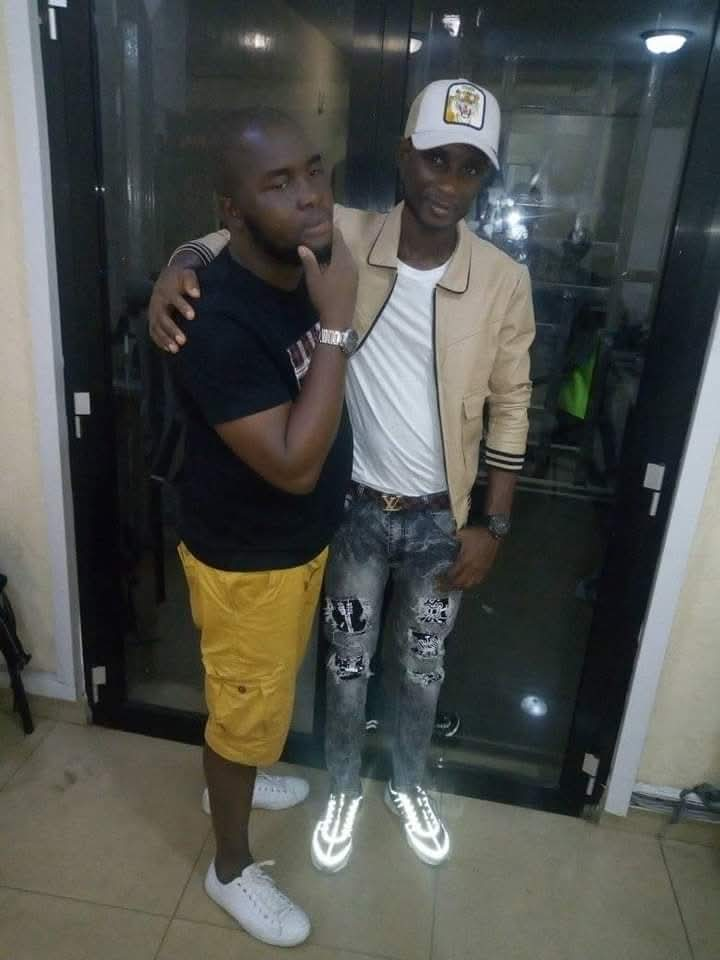
But behind the measuring tape and spools of fabric, something else was unfolding.
A close associate of Kabba, speaking under strict anonymity, explained that over time, Kabba and Abdul’s relationship evolved from professional to personal. “They would travel together sometimes,” the source said. “They visited Kambia, Makeni… places where no one would know them. People thought it was for business, but those who knew, knew.”
According to interviews conducted with neighbors and former clients, Abdul was married with children. His public image was that of a religious family man — a façade reportedly maintained to survive in a society where even the suspicion of homosexuality can result in violent punishment.
According to three eyewitnesses in the Congo Town area, the fatal incident occurred on a Friday evening in July 2024. Kabba had been living temporarily in a rented space in the area. That night, a woman identified only as “Monday” arrived unexpectedly to collect her mobile phone, which had been left for charging due to electricity outages. Instead, she reportedly found Kabba and Abdul in bed together.
She did not call the police. She screamed.
By the time the shouting ended, Kabba had been dragged into the open, stripped, and viciously beaten. Graphic videos and photos, which later circulated privately among residents, show him unconscious, bloodied, and barely breathing. Hours later, he was declared dead.
No investigation was opened. No statement was made by the police. The entire incident, as per usual in Sierra Leone, was swallowed by silence.
In the aftermath, Abdul disappeared.
A family member, who asked not to be identified for safety reasons, confirmed he vanished that same night. “He never came home. People were angry. They said he brought shame. Some of us are afraid even to mention his name. We don’t know if he is alive or dead,” they said.
Rumors spread that he had been seen near the Guinea border, while some speculated he was in hiding somewhere within Sierra Leone. What is certain, however, is that he is now a wanted man — not by law enforcement, but by community members who have vowed to “finish what was started.”
An imam in the area, when asked about the incident, responded with fury: “Our religion forbids such things. If the government does not take action, the people will. This is not America.”
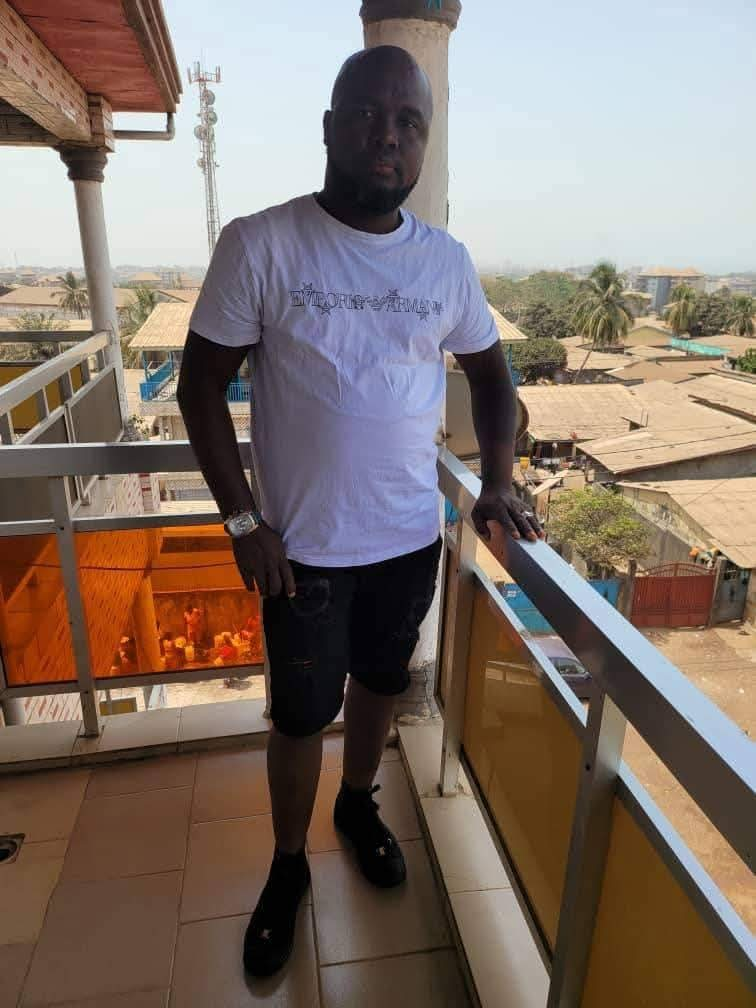
Kabba’s death is not an isolated case. Across Sierra Leone, LGBTQ+ individuals are harassed, evicted, disowned, attacked, and in many cases, killed. According to two human rights organizations operating in the country — both of which requested anonymity due to safety concerns — at least seven suspected gay men have been murdered by mobs or vigilante groups in the past five years. None of those cases have resulted in prosecution.
One local activist, hiding her work under a women’s rights NGO umbrella, lamented the systemic barriers. “There is no legal protection. The police will arrest the victim, not the abuser. Families disown you. Communities expose you. The country operates in secrecy, fear, and impunity.”
She added: “Many gay men marry women just to survive. They live double lives. It’s either that or death.”
Asked about Abdul Sankoh, one activist replied: “We don’t know where he is. But if he is alive and abroad, then that’s the only way he’s safe.”
Today, Kabba’s family no longer speaks his name. The room he once rented has been cleared. Those who knew Abdul are either unwilling or too afraid to speak. In Sierra Leone, the dominant narrative remains unchanged — being gay is criminal, shameful, and deserving of punishment.
What happened in Congo Town is a stark reminder that for LGBTQ+ people in Sierra Leone, even the suspicion of love can be a death sentence.
Abdul Sankoh’s disappearance is not just a personal mystery — it is a symbol of a broader, deeper injustice. One that the government has refused to confront. One that communities enforce with fists and fire. And one that continues to leave a trail of bodies in its wake.
Until justice is no longer selective and identity no longer a crime, the story of Kabba — and the unknown fate of Abdul — will remain an open wound on the conscience of a nation too afraid to face its truth.

